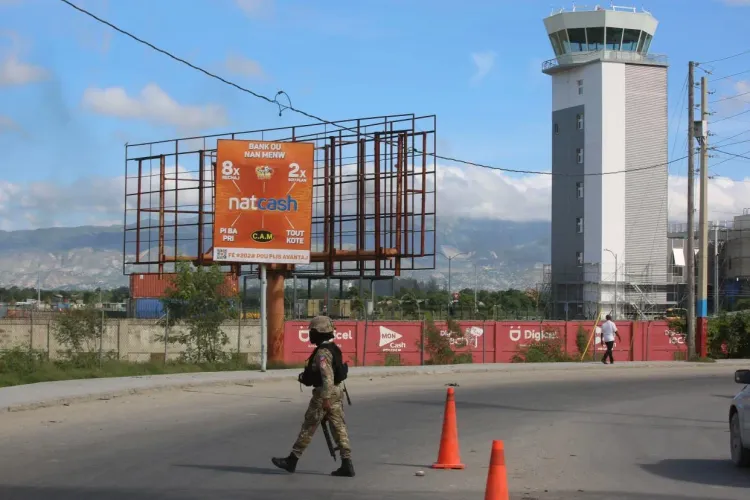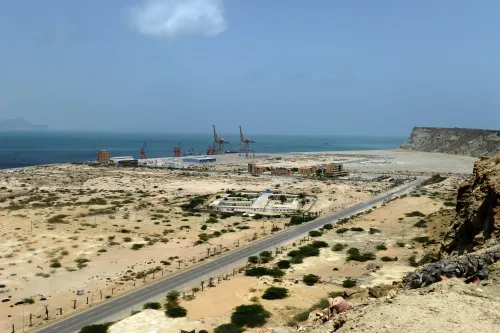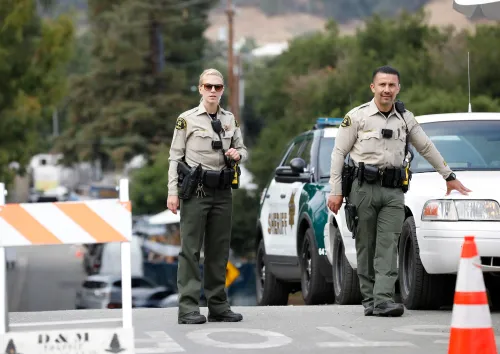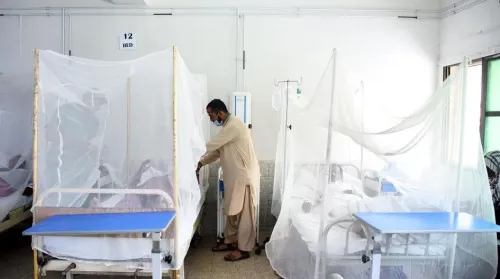What is Behind the Alarming Displacement Crisis in Haiti?

Synopsis
Key Takeaways
- 1.3 million individuals are currently displaced in Haiti.
- Violence has led to a 24% increase in displacement since December 2024.
- The Centre Department has seen a doubling of displaced persons.
- Many displaced families lack access to basic services.
- The UN is scaling up operations to provide critical support.
United Nations, June 12 (NationPress) – Humanitarian officials from the UN have expressed serious concerns regarding the dramatic increase in internal displacement caused by escalating violence in Haiti.
The UN Office for the Coordination of Humanitarian Affairs (OCHA) reported on Wednesday that approximately 1.3 million individuals are currently displaced throughout the nation, referencing data from the International Organization for Migration (IOM).
This represents a staggering 24 percent rise since December 2024 and marks the highest number ever documented due to violence in Haiti.
While Port-au-Prince, the capital, remains the nucleus of armed group violence, the situation has expanded to other regions, especially the Centre and Artibonite departments, resulting in large-scale displacement, according to OCHA.
In the Centre Department, displaced individuals have more than doubled within a few months, increasing from 68,000 in December 2024 to over 145,000 by June this year, as reported by the Xinhua news agency, citing OCHA data.
In Artibonite, over 90,000 people have abandoned their homes since December, and the North Department has experienced nearly 80 percent growth in displacement. Displaced families often find refuge in informal settlements or overcrowded households with limited access to essential services, the office stated.
Since December, the number of spontaneous displacement sites has soared from 142 to 246, with the most significant increase observed in the Centre Department, which previously had none, now hosting 85 active sites. Furthermore, 83 percent of those displaced are residing with host families, adding strain to already fragile rural communities.
The IOM has intensified its operations in metropolitan Port-au-Prince, assisting over 20,000 individuals with vital household items, delivering 3 million liters of clean water, and providing basic health care to 6,000 people. Additionally, mental health and psychosocial support have been extended to more than 8,500 individuals, according to OCHA.
This significant surge in displacement occurs amidst increasing restrictions on humanitarian access and critically low funding. Without immediate support to address the mounting needs and tackle the underlying causes of displacement, the crisis is likely to worsen, further straining already overburdened systems and communities.










